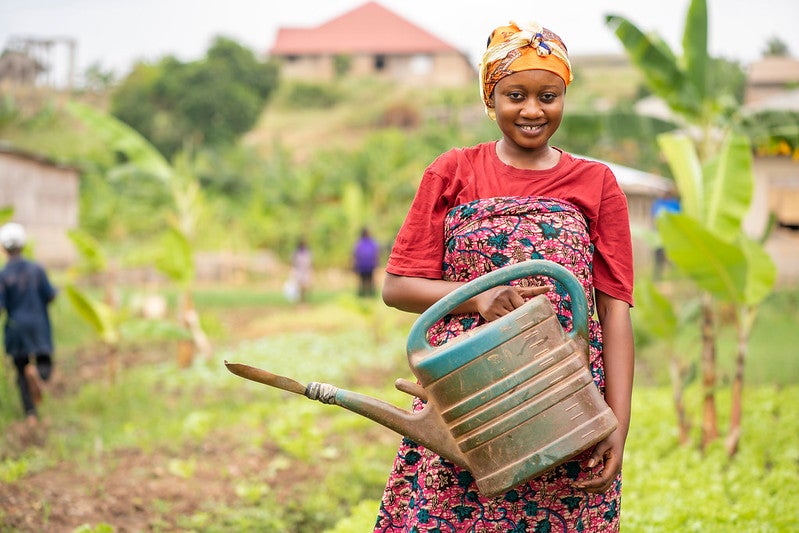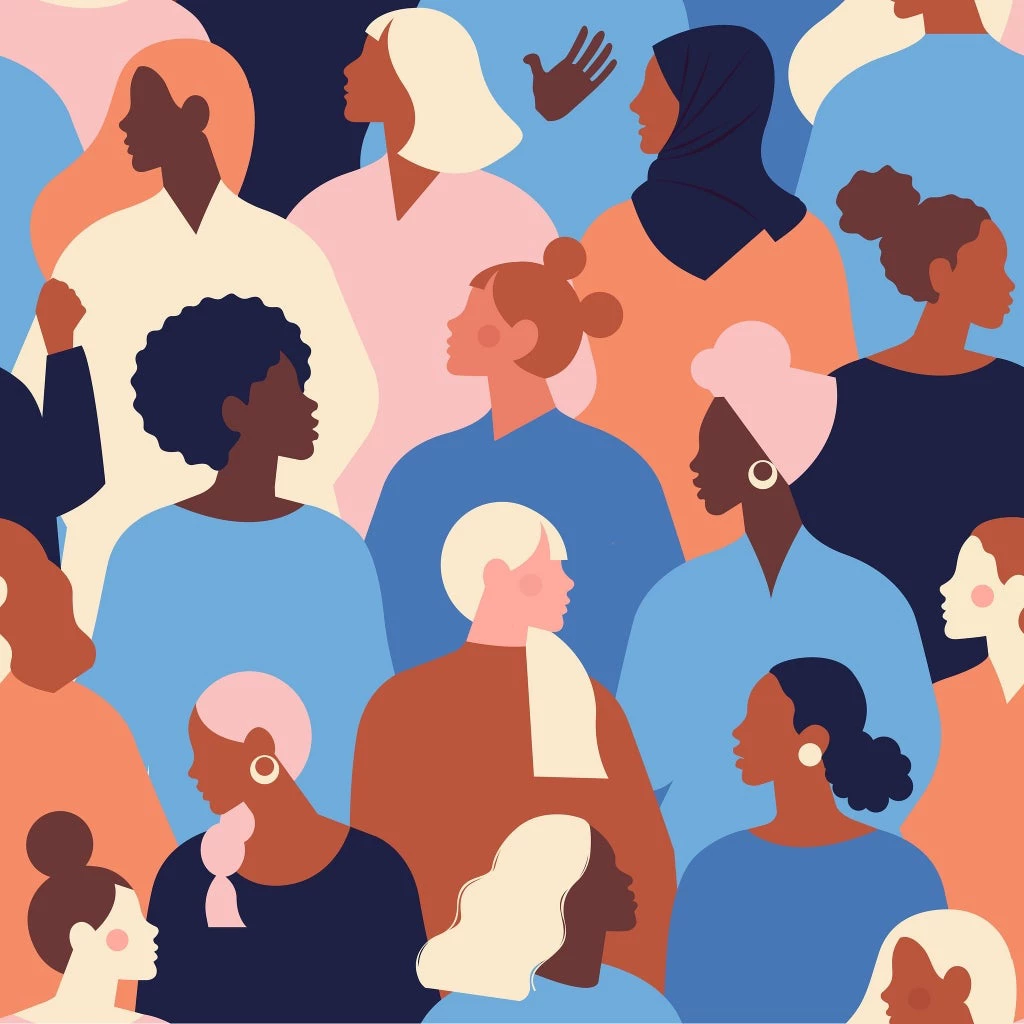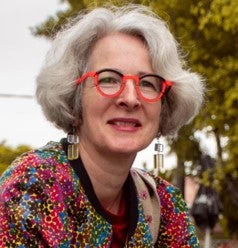 A rural woman is working in the field
A rural woman is working in the field
Understanding the inequities of gender relations in a specific field, and crafting gender-equitable programs to address key areas, is at the heart of achieving strong outcomes in international development projects. As tomorrow (Friday, October 15) marks United Nations International Day of Rural Women, Gender and Social Inclusion (GESI) expert Ellen Hagerman shares her insider’s perspective on designing and implementing GESI principles and tools within the transboundary water resources management context in the below blog.
As a passionate advocate for gender equality, I am keen to share some glimpses into my work as a GESI expert on this International Day of Rural Women. Implementing more gender and social inclusion measures in transboundary water resources management projects and technical exchanges is fundamental to the Cooperation in International Waters in Africa (CIWA) Program, a multi-donor trust fund that supports riparian countries in Sub-Saharan Africa and their path towards a more sustainable and cooperative management of transboundary water resources. The CIWA projects and technical exchanges that I worked on gave me a chance to (1) take stock of how gender considerations are applied to specific projects and achievements and (2) identify opportunities for target interventions to further enhance gender equality outcomes.
CIWA operates in a very complex environment. In facilitating cooperation among multiple countries that share a common water body (such as rivers, lakes, and groundwater aquifers), CIWA has to operate at the institutional, regional, and country levels , be astutely cognizant of the geopolitics, as well as consider project dimensions.
Recognizing the vital role of women as main water users and how their daily lives are affected by water needs and struggles
Women play a critical role as water users, and water-related decisions must be linked to water users’ needs and struggles at the grassroots level. While women should have a voice and a seat at the table in the decision-making process, their voices have too often gone unheard. And playing a leadership role is even more daunting as they can face sexual harassment and discrimination.
Over the past year, CIWA has adopted a transformative approach to gender equality. Below are examples of two dynamic technical support programs where CIWA applied these GESI principles:
Examining gender challenges and opportunities in the African Great Lakes region
The CIWA team, in collaboration with our on-the-ground partners, designed a technical support program aimed at increasing access to clean water in the Africa Great Lakes region, the area south of the Horn of Africa. As a first step, the team agreed that it was important to gain a deeper
understanding of what was already known about gender inequalities related to water at the country and regional levels. This involved conducting a detailed assessment and collecting data to gain a foundational understanding of this region’s gender situation.
Interviews with key stakeholders shed light on specific obstacles women face in accessing water. The team also spoke with Lake Victoria Basin Commission representatives and East African community leaders to learn more about their own approach and commitment to fostering gender equality. The team found that there was tremendous diversity across women’s contexts and experiences, and that it would be important to gather more information about vulnerable populations and the specific challenges they face. This information will be relevant as the technical exchange is approaching its next phase: to support the preparation of a basin-wide plan contributing to improved water quality in Lake Victoria, which features gathering inputs from women and grassroots organizations.
Taking the lead in developing more female hydrogeologists in the Sahel
In the water sector, male-dominated professions, such as water engineers and hydrogeologists, make the promotion of gender equality very hard. Nevertheless, the team that works on the Sahel Groundwater Initiative, a technical exchange program that aims to strengthen groundwater knowledge and management capacity in the Western Sahel, is determined to identify ways to facilitate the development of more female and male hydrogeologists.
Our work involved reaching out to and consulting with professionals who had experience in identifying advancement opportunities for girls and women, particularly in relation to their ability to access higher education and gain field experience. The team also reviewed programs that facilitate the enrollment of more female students in Science, Technology, Engineering, and Mathematics (STEM) programs. Beyond addressing educational barriers, the team also investigated ways to create a more favorable working environment where female STEM candidates and future hydrogeologists could flourish.
The team also worked on identifying women to be part of an Advisory Committee that would ensure that gender inclusion will be mainstreamed in all technical exchange areas, including identifying ways to develop groundwater-based irrigation accessible to women. As this initiative moves into its second-year mark, the team will continue to apply a proactive gender lens to ensure more equitable access to groundwater in the Sahel.
These technical exchange programs are good examples of how to mainstream a gender lens into the early stages and even in analytical outputs. CIWA teams will continue to make more inroads as gender equality is central to CIWA’s mission and vital for sustainable development.




Join the Conversation